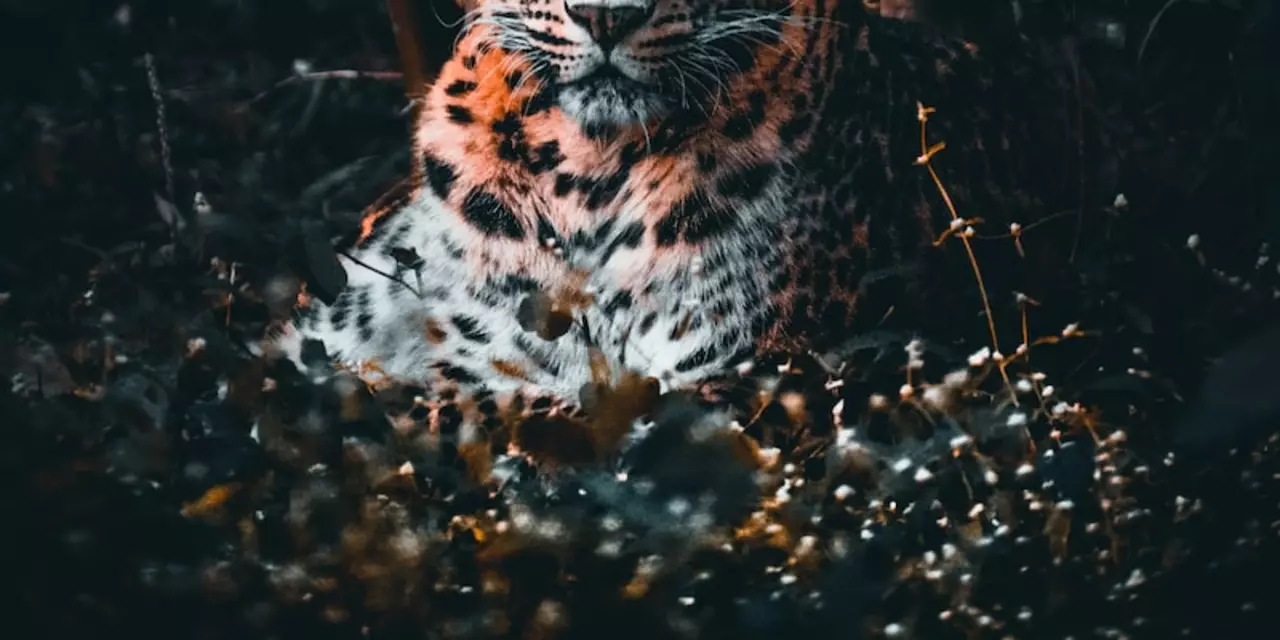The Supreme Court of India recently granted permission for the introduction of African cheetah in India. This ruling has been met with both excitement and concern. On one hand, conservationists are thrilled that this could be a major step in reintroducing an endangered species back into its native habitat. On the other hand, there are those who worry about the potential effects the reintroduction could have on the local environment and population. In this blog section, we will take a closer look at the Supreme Court's ruling and its implications.
The Supreme Court's ruling was based on the findings of the Animal Welfare Board of India (AWBI). The AWBI had conducted a detailed study on the feasibility of reintroducing the African cheetah into India's wild. The report concluded that the cheetah could be successfully reintroduced in India, provided that certain conditions are met. These conditions include the establishment of secure habitats, adequate prey base, and appropriate management and monitoring of the species.
The Supreme Court also recognized that there are potential risks associated with reintroducing an exotic species into a new environment. To address these concerns, the Court has mandated that the Environment Ministry of India will have to conduct a risk assessment before any reintroduction is attempted. This risk assessment will consider factors such as the potential for disease transmission, competition with native species, and the potential for genetic contamination of local populations.
The Supreme Court's ruling is an important step towards reintroducing the African cheetah into India. However, it is important to note that this is just the first step in a long and complex process. Conservationists will have to work closely with the government to ensure that the necessary conditions for reintroduction are met. Only then will we be able to witness the majestic cheetah return to its native habitat.
The recent Supreme Court nod to bring African cheetah to India marks an important milestone in India’s conservation efforts. The cheetah is a species of the cat family that went extinct in India over 70 years ago, and the reintroduction of the species is seen as a major step forward in conserving India’s biodiversity and protecting the natural habitat of this species.
However, there are various challenges and considerations that must be taken into account before the African cheetah can be brought to India. The first and most important challenge is the availability of suitable habitat for the cheetah. India’s existing wildlife reserves may not be large enough to accommodate the cheetah, and a suitable habitat for the species must be identified. This could include national parks, sanctuaries, and other protected areas.
Another challenge is the potential competition for resources from other species. India is home to a variety of wildlife, including tigers, leopards, and other predators. The competition for resources between the cheetah and other wildlife may cause conflict, and this must be taken into account when introducing the species.
In addition, there are ethical considerations that must be taken into account when bringing African cheetah to India. The species is highly endangered and must be handled with care and respect. Any reintroduction of the species must be carefully planned and monitored to ensure its long-term survival.
Finally, there are legal considerations that must be taken into account, such as the need to obtain necessary permits and permissions from the government. The government must also be consulted on any measures that may be necessary to protect the cheetah from poaching and other threats.
In conclusion, while the Supreme Court’s decision to bring African cheetah to India is a welcome step forward, there are various challenges and considerations that must be taken into account before the species can be successfully reintroduced. These include the need to identify suitable habitat, competition for resources from other species, ethical considerations, and legal considerations.
The Supreme Court of India recently gave the nod for the reintroduction of African cheetah to India. This move has sparked a debate among environmentalists, wildlife lovers and conservationists, who are divided on the potential impact of the African cheetah on India's ecosystem.
In one camp are those who believe that the African cheetah could bring great benefit to India's ecosystem. They point to the fact that the African cheetah is a top-level predator, and its reintroduction could help to restore balance to the food chain. They also argue that with careful management, the African cheetah could be introduced to India without any negative impact on other species.
On the other side are those who are concerned about the potential negative impacts of the African cheetah on India's ecosystem. They worry that the large cats could compete with existing predators and disrupt the delicate balance of the food chain. They also worry that the cheetah could be a potential threat to humans, as they could become habituated to human presence and become aggressive.
Ultimately, it is clear that the potential impact of the reintroduction of African cheetah to India is complex and difficult to predict. Though the Supreme Court has given the nod, a great deal of careful research and planning will be necessary to ensure that the reintroduction is successful and does not have any negative impacts on India's ecosystem.
